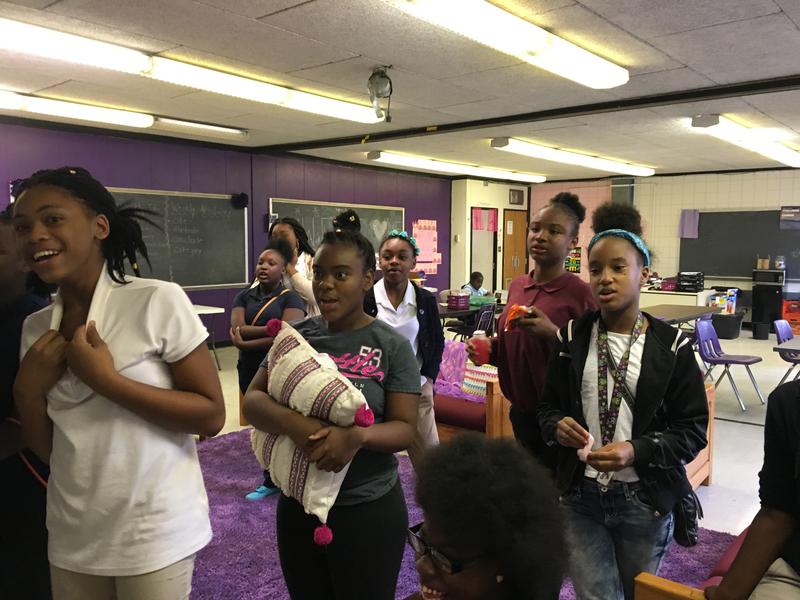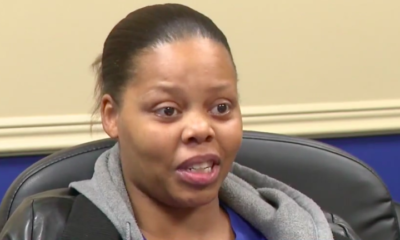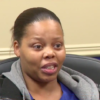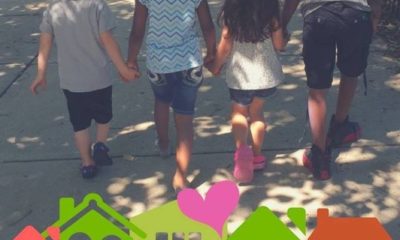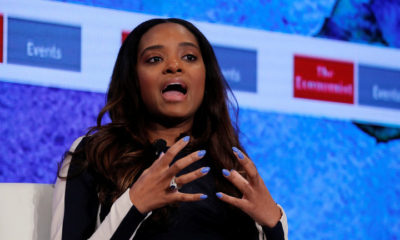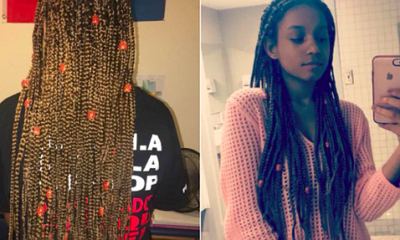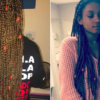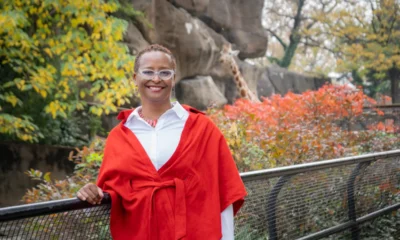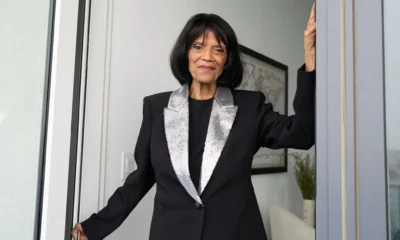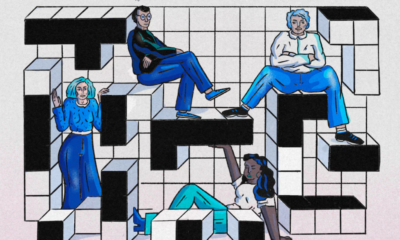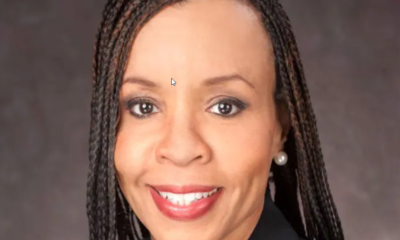Black Women in the News
Local Leaders Confront Major Inequities Between Black And White Girls In Juvenile Justice
Black girls in the Pittsburgh region are 11 times more likely than white girls to have contact with the juvenile justice system, according to a 2016 study, Inequities Affecting Black Girls in Pittsburgh and Allegheny County.
Nationally, the study notes, black girls are sent to juvenile justice three times as often as white girls.
In response to these findings, local practitioners, researchers and policymakers formed the Black Girls Equity Alliance late last year.
Much of the alliance’s work is based at the nonprofit Gwen’s Girls. The 15-year-old organization provides a range of services to girls throughout the county, and virtually all of the girls that participate in its after-school program are black.
One of the organization’s main goals is to prevent girls from entering the juvenile justice system. It strives to create a sense of sanctuary for participants and to help them feel empowered.
Deaysa Trent, 13, has been coming to Gwen’s Girls for four years.
“It feels like we’ve grown a big family here,” she said. “These are like my sisters.”
Another participant, Sy’Raya Williams, 11, said Gwen’s Girls taught her how to self-reflect.
“They teach us things like our history. Sometimes we do group about what we want to be known as, like what do we want to be remembered as,” she said. “We want to make a history out of ourselves.”
Gwen’s Girls Executive Director Kathi Elliott said she wants girls at her organization to grow into independent and caring women.
“For our girls, it’s having a place to have friends, people that look like them that may be experiencing some of the same things that they experience,” she said. “And having a safe space to have that conversation.”
The after-school program at Gwen’s Girls serves about 100 girls from 8 to 15 years old.
“For the most part, our girls want to come here and do girl things, be young adults, depending on what age they are,” Elliot said. “So, we try to encourage those activities and those things, but also keep them mindful that society expects other things from them that may be unfair.”
Elliot’s alluding, in part, to what she says is the expectation that girls should be compliant. While data show that Black girls in the region are twice as likely …
Please read original article- Local Leaders Confront Major Inequities Between Black And White Girls In Juvenile Justice



